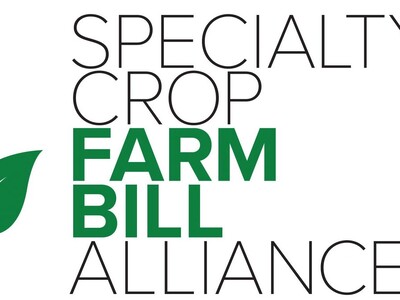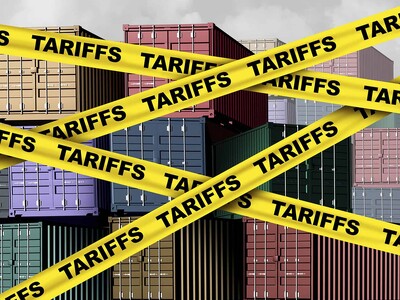The Organic Farmer's Friend
The Organic Farmer's Friend. I'm Greg Martin with Washington Ag Today.Linda Gilkeson, a Pacific Northwest gardening expert and entomologist, says that organic farmers and gardeners are well aware of the fact that not all bugs are bad, and that there are many insects they want and need to have around their crops.
GILKESON: They're just key, they're totally your best friend as far as being an organic gardener, and they'll do the aphid control, the caterpillar control. So what you really need to plant is things that feed the adult beneficial insects because almost all of them eat pollen or nectar. They don't eat the pests, it's their immature stage, the larvae that are eating the pests.
That's why many organic farmers plant flowering plants around their vegetable crops - those flowering plants become part of the farm's natural pest management strategy.
GILKESON: If you've got planted things like sweet alyssum, and dill, if you let parsley go to seed, in the spring if you let all your kale and stuff flower for a while, those little flowers are really rich in nectar and they bring those parasitic wasps and parasitic flies, and predatory midges, and predatory flies in and they feed and then start searching right there for aphids or caterpillars or whatever the diet of their larvae is going to be.
So contrary to what many people think Gilkeson says parasitic wasps and hover flies are not the bad guys.
GILKESON: It's amazing, I've seen it work time and time again, people think the alyssum is repelling the aphids but it's not it's attracting the aphid predators.
And that's Washington Ag Today. I'm Greg Martin, thanks for listening on the Ag Information Network of the West.















